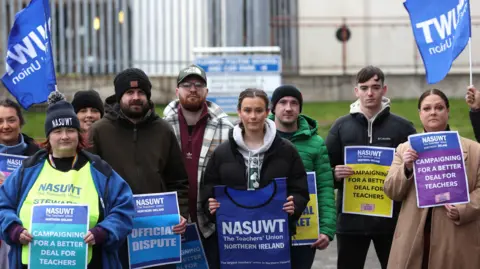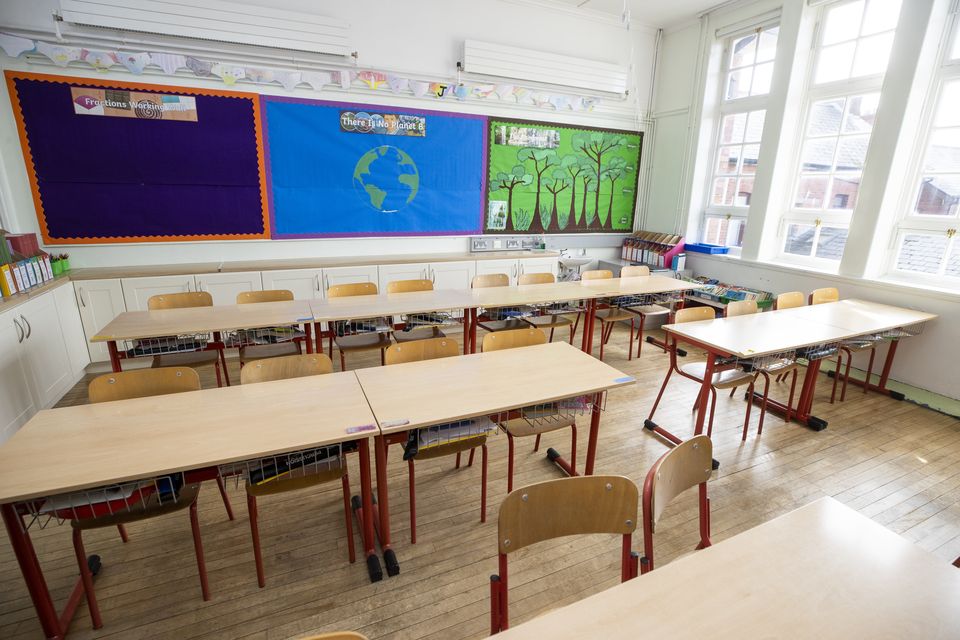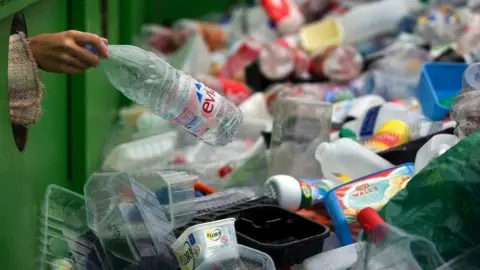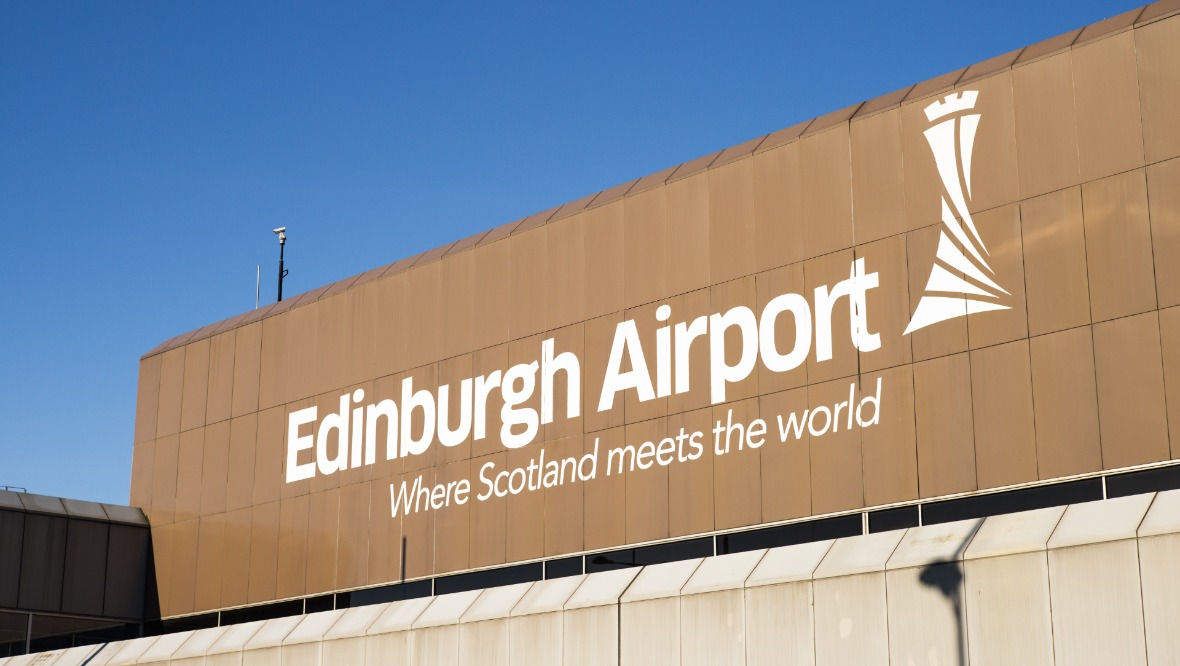UPDATED
Bashar al-Assad Issues First Statement Since Fall of Syria Regime

Former leader of Syria Bashar al-Assad has issued his first statement since fleeing the country following the fall of Damascus.
Assad aired his statement on the official Syrian President Telegram channel. However, despite his post, it is unclear whether he was the one who wrote it and who is in control of the social media page.
According to the statement, he fled from Syria to Russia on December 8th, the day after Damascus fell. The former Syrian President expressed his determination to continue the battle.
“This [leaving Syria for Russia] took place a day after the fall of Damascus, following the collapse of the final military positions and the resulting paralysis of all remaining state institutions,” said Assad. “At no point during these events did I consider stepping down or seeking refuge. The only course of action was to continue fighting against the terrorist onslaught.”
Bashar al-Assad’s statement
“When the state falls into the hands of terrorism and the ability to make a meaningful contribution is lost, any position becomes void of purpose,” said Assad.
Assad fled the capital following an offensive from the Islamist militant group Hayat Tahrir al-Sham (HTS), and, on December 9th, Russian media reported he had arrived in the country and had been granted asylum. He said in the statement that he remained in the capital “carrying out [his] duties” until the rebels attacked.
“With no viable means of leaving the base, Moscow requested that the base’s command arrange an immediate evacuation to Russia on the evening of Sunday 8th December,” said Assad in the statement.
However, according to the BBC, Assad was nowhere to be found, as the Syrian Prime Minister, Mohammad Ghazi al-Jalali, could not reach him while the HTS was making its way through Syria, capturing city after city until reaching Damascus.
Meanwhile, the Islamic group is forming a transitional government, marking the end of al-Assad’s 24-year reign over Syria.
Islamic group HTS
The HTS is Syria’s most powerful rebel force, but it was initially established under a different name, Jabhat al-Nusra, in 2011. Upon its inception, members pledged allegiance to the infamous terrorist group Al-Qaeda.
The group broke ties with Al-Qaeda in 2016 and changed its name when it merged with other Islamic groups, forming the powerful HTS. The leader, Ahmed al-Sharaa, who previously went by the name Abu Mohammad al-Julani, has pledged tolerance for different religious denominations, but it remains to be seen whether that sentiment will continue to hold true throughout the rule of HTS.
The group’s prior affiliation with Al-Qaeda raises doubts as to whether claims of religious tolerance are true, as several Islamic groups who have taken over countries have enforced strict rule (and intolerance) over citizens.
ByDaniel Hardaker
December 17, 2024 —
Bashar al-Assad has said Russia forced him to flee Syria and that he wanted to continue fighting the “terrorist onslaught”.
In his first statement since the fall of Damascus, the former president said that he went to the Russian air base in Latakia on December 8 to “oversee combat operations” as the rebels took the capital.

Deposed Syrian president Bashar al-Assad.CREDIT:AP
After the base came under drone fire, Moscow ordered an immediate evacuation to Russia, Assad said.
“At no point during these events did I consider stepping down or seeking refuge, nor was such a proposal made by any individual or party,” he said.
Assad then went on to claim that he had never betrayed his country for personal gain and had, throughout the war, “stood alongside officers and soldiers of the army on the front lines, just metres from the terrorists”.
“This does not, in any way, diminish my profound sense of belonging to Syria and her people,” he added.

A view from the Presidential Palace in Damascus, Syria. CREDIT:GETTY IMAGES
Assad, who Russia says is now living in asylum in Moscow with his family, released the statement on Monday via the Syrian presidency’s Telegram channel.
Last week, Russia began evacuating personnel and equipment from Syria but said it was in discussions with the ruling Hayat Tahrir Al-Sham rebels about securing the future of its naval port at Tartus and the Hmeimim air base in Latakia.
On Monday, it admitted that the fate of the two bases had not yet been decided.

Syria shudders as Assad’s atrocities come into the light
“There are no final decisions on this,” Dmitry Peskov, the Kremlin’s press secretary, said. “We are in contact with representatives of the forces that now control the situation in the country.”
Russia has been rapidly withdrawing from the Manbij and Kobani areas of northern Syria because HTS and Turkish-backed rebel groups will not let them stay there, according to the Institute for the Study of War.
It was also revealed on Monday that Assad sent about £200 million in cash to Russia between 2018 and 2019, a period when Syria became dependent on Moscow’s military support.
Nearly two tonnes of banknotes in $US100 and €500 bills were flown from Syria into Moscow’s Vnukovo airport to be deposited at sanctioned Russian banks, according to records seen by The Financial Times.

Opposition leaders in Syria rush to form new government amid search for prisoners of former regime.
On Monday, EU leaders suggested that Russia must be thrown out of Syria before the bloc will support the new rebel government, as a tug of war emerges between the West and Moscow for influence over Damascus.
Dutch Foreign Minister Caspar Veldkamp said, “Regarding the Russian military bases in Syria, we want the Russians out.”
He added that lifting sanctions on HTS should be on the condition of an “inclusive political transition”.
Veldkamp’s comments were echoed by Kaja Kallas, the EU’s foreign policy chief, who warned Syria’s new rulers that “Russia and Iran are not your friends, are not helping you if you are in trouble”.
‘You’re a coward’: Australia-based Syrian Girl lashes out after fall of Assad
She added: “They left Assad’s regime, and that is a very clear message showing that their hands are full elsewhere, and they are weakened.”
José Manuel Albares, Spain’s foreign minister, said the new administration in Damascus must respect the EU’s “red lines” before it gets the bloc’s support. He said one of these was that there must be no “foreign interference” in the country.
The UK and the US confirmed at the weekend that they had made diplomatic contact with HTS without elaborating on details of the talks.
British Foreign Secretary David Lammy said on Monday: “I can confirm today that we have sent a delegation of Syria UK officials to Damascus this week for meetings with the new interim Syrian authorities.” He noted that the move “underlies our commitment to Syria”.
Syria shudders as Assad’s atrocities come into the light
He added: “Yesterday, I announced a £50 million package of humanitarian aid, also further money to help secure chemical weapons stockpiles in Syria.
“We confirmed our support for the principles that have been set out at an inclusive transitional political process that is Syria-led and Syria-owned.”
Talks between the Kremlin and its former enemies who now control Syria are understood to be tense, but the country is reliant on Russia as its major wheat supplier.
Two Russian ships carrying wheat to Syria failed to reach the country on Friday because of payment delays and uncertainty over the new government, Russian and Syrian sources said.
On Saturday, Ukrainian President Volodymyr Zelensky stepped in, saying he had instructed officials to set up grain shipments to Syria.
On Sunday, Ramzan Kadyrov, Chechnya’s leader and an ally of Putin, vowed to ensure that wheat would be delivered to Syria without specifying how or from where the wheat would come.
“I, as the head of the Chechen Republic, am ready to take responsibility and ensure the necessary amount of wheat for Syria,” he wrote on Telegram.
Telegraph, London
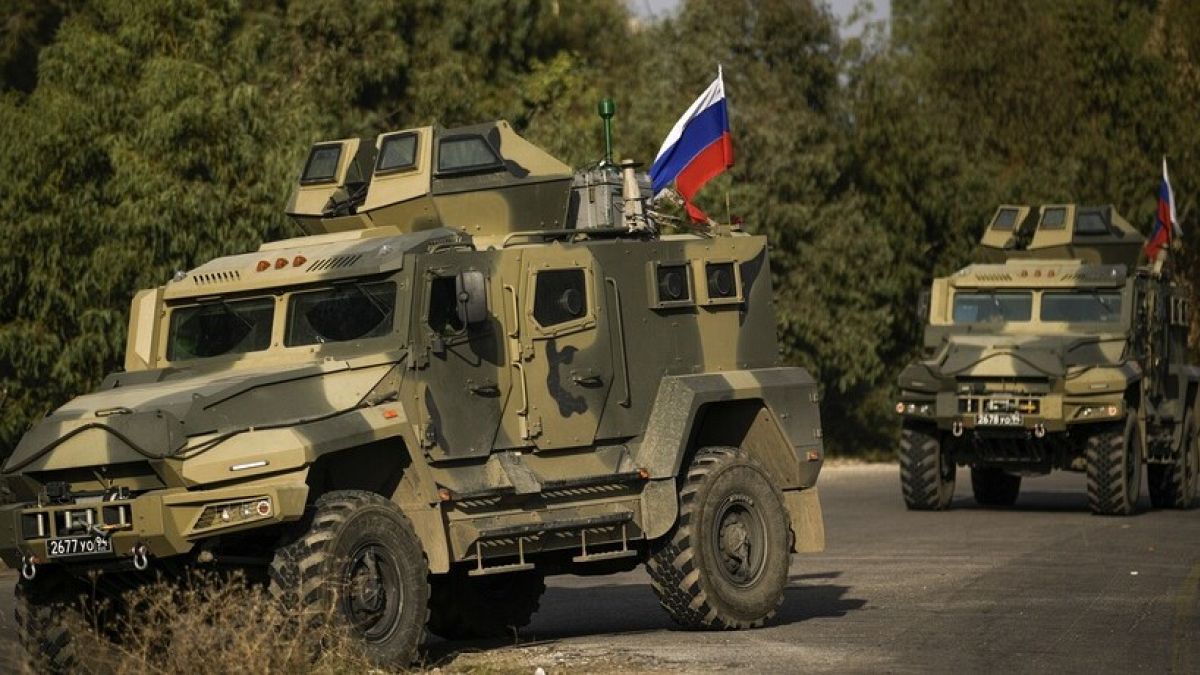
Copyright Leo Correa/Copyright 2024 The AP. All rights reserved.
By Euronews with AP
Published on 16/12/2024 -
Syria’s new transitional government says there is no place for Russian presence in Syria a week after the country’s long-time President Bashar al-Assad was overthrown. The new government also says it is open to engage in contacts with all countries to pave Syria’s new future.
The Spokesperson for the political department of Syria’s new transitional government has called on Russia to reconsider its presence in the country now that their ally; President Bashar al-Assad, has been overthrown.
A convoy of Russian military vehicles was spotted traveling from the coastal city of Latakia, and were headed southward towards the city of Tartus.
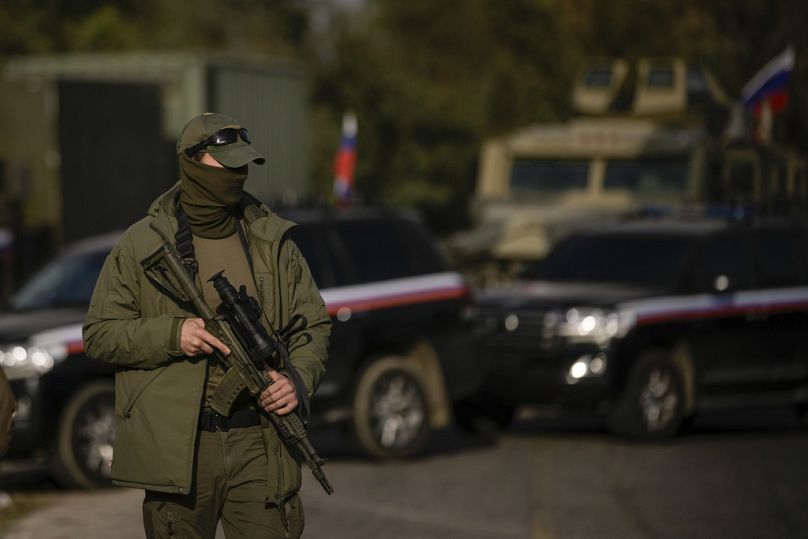
Russia operates two military bases in Syria: The Khmeimim Air Base near the port city of Latakia and the Tartus naval base on the Mediterranean coast. They are considered among the Kremlin’s most strategically important military outposts.
The Tartus site is particularly critical, providing Russia with its only direct access to the Mediterranean Sea and a base to conduct naval exercises, station warships and even host nuclear submarines.
Western analysts and intelligence say the Kremlin is engaging in a large-scale withdrawal from Syria, though Moscow has yet to confirm.
Obeida Arnaout, the spokesman for Syria’s new transitional government appointed by the Hayat Tahrir al-Sham (HTS) rebel group responsible for Assad’s downfall, says Russia’s recent movement in Syria has been ambiguous.
He stresses that their decision to remove navy ships from ports and move fleets of military vehicles from bases does not clearly indicate whether the Kremlin is indeed withdrawing, or if this is part of their regular movements.
“I think that Russia should reconsider its presence on Syrian territory as well as its interests,” he said.
“Their interests were linked to the criminal Assad Regime. They can reconsider and take the initiatives to reach out to the new administration to show that they have no animosity with the Syrian people, and that the era of Assad regime is finally over,” Arnaout added.
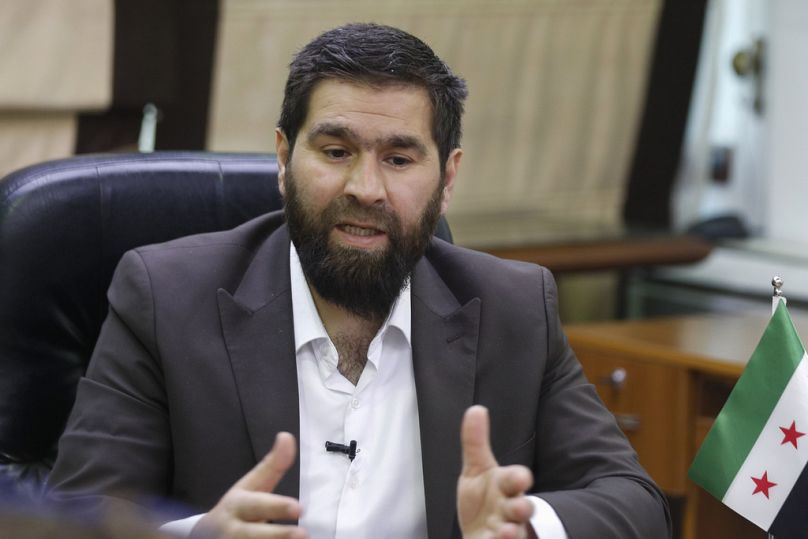
Arnaout says the new government has been holding talks at the highest level with many countries around the world. Speaking to Arabic media, he emphasised that Syria has entered a new phase, a phase focused on repairing decades of domestic division and almost 14-years of brutal fighting.
He continued saying that Syria’s new policy is one of openness, an approach that seeks to build good relations with its neighbours and the wider world.
On Saturday, the US publicly confirmed for the first time its participation in talks with the HTS, the UK confirmed similar action the following day.
And on Monday, the EU also announced it was taking its first step towards making contact with the rebel group. The move represents the strongest indication yet about the bloc's willingness to begin normalising ties with HTS.
"I've tasked a European top diplomat in Syria to go to Damascus to make the contacts with the new government and people there," said Kaja Kallas; EU High Representative for Foreign Affairs and Security Policy, on Monday morning before heading into a meeting of EU foreign affairs ministers in Brussels, where the future of Syria is one of the main items on the agenda.
Is a change in the HTS’ terrorist designation on the horizon?
The HTS has been blacklisted for terrorism by the United Nations since 2014 due to its previous alliance with al-Qaeda. All 27 members of the EU follow that designation.
But it’s a designation the HTS is hoping countries would quickly abandon. Arnaout says labelling the HTS as such is “not right and not accurate.” He expressed the group’s new operations are centred on unity and justice, and urged the EU, US, UK and other countries to reconsider the classification.
Asked if the bloc should revise the terrorist designation to facilitate diplomacy, the EU High Representative said "For us, it's not only the words, but we want to see the deeds going in the right direction. So not only what they are saying, but also what they are doing," Kallas said.
She continued saying "I think the coming weeks and months will show whether it goes in the right direction."
Concerns over the HTS’ ‘reformed’ approach
Since overthrowing Assad's regime, HTS has positioned itself as the leading force in the new political era, appointing a caretaker prime minister to administer a transitional government until March 2025. The group has also vowed to move the war-torn country from a state-controlled to a free-market economy to attract investors.
However, HTS remains plagued by accusations of human rights abuses, including alleged executions for blasphemy and adultery carried out under a strict, and at times, extreme, interpretation of Islamic law. This background has raised doubts about the rebel force's ability to guarantee pluralism and tolerance after the fall of Assad.
Syria is a highly diverse country, inhabited by Sunni Muslims, who represent over 70% of the population, alongside Shia Muslims, Alawites, Christians and ethnic minorities like Druze, Iraqis, Armenians, Assyrians, Kurds and Palestinians.

Issued on: 16/12/2024 -
Video by: Andrew HILLIAR
On Sunday, many Christians across Syria attended mass for the first time since the fall of Bashar al-Assad. In Aleppo, only 10% of the city's pre-war Christian population is thought to remain. Since capturing the city, Hayat Tahrir al-Sham has reached out twice to representatives of minority groups to insist they'll be protected. But as FRANCE 24's team on the ground found out, some members of the Christian community aren't convinced.
The man, who said he was a civilian by the name of 'Adel Ghurbal', has now been identified as a former member of the Syrian regime's intelligence services.
The New Arab Staff
17 December, 2024

CNN said on Monday that the man had been identified as Salama Mohammed Salama [Getty]
A Syrian man who was filmed by CNN being freed from a notorious Damascus prison was a former intelligence officer for the now-deposed Assad regime, local residents and a monitoring group have said.
The man, who identified himself in the report as a civilian by the name of 'Adel Ghurbal', was the subject of a video report by CNN journalist Clarissa Ward broadcast on 11 December.
Footage of the incident went viral on social media.
" 'Syria is free' Extraordinary moment as @clarissaward and her team witness a Syrian prisoner freed from a secret prison in Damascus. Left alone for days without food, water or light, the man was unaware Bashar al-Assad's regime had fallen," read a post from X from CNN on 11 December describing the report.
In the video, the man emerges from under a blanket with his hands raised after fighter removes a lock on a cell door.
Ward and the fighter then assist the man, who claims he has been locked up for three months and appears surprised when told of the Assad regime's collapse.
CNN now says that based on photos given by a resident of Homs' Bayada neighbourhood, the man's real name is likely Salama Abu Salama -- a lieutenant in the former regime's Air Force Intelligence Directorate. The US news outlet said facial recognition software gave a 99 percent match between the man and Salama.
CNN said multiple residents of Homs have identified the man as Salama, who is also known by the nickname Abu Hamza. Those who spoke to the outlet alleged that Salama was notorious for extortion and harassment.
"We can confirm the real identity of the man from our story last Wednesday as Salama Mohammed Salama," Ward said on X on Monday.
Amid their sweeping offensive that led to the toppling of the Assad regime, rebel forces broke open prisons where thousands of people had been held and tortured. Scenes of prisoners being freed and reunited with their families have been a cause for celebration in Syria and around the world, with footage being circulated widely on social media.
However, CNN's report on 11 December drew scepticism from viewers, including supporters of the now triumphant Syrian opposition.
"There are credible voices, incl former detainees, raising questions on the authenticity of this footage, @cnnipr. CNN must immediately & transparently investigate. Amid thousands of real stories from survivors of Assad's prisons, failure to do so would be professional misconduct," wrote human rights lawyer Mai El-Sadany at the time.
Others highlighted that it was unlikely that the man, who had allegedly been kept in a dark cell, would be able to be exposed to direct sunlight after his reported ordeal.
The CNN post was also flagged with a community note which said that Syrian fact checking group Verify-Sy had identified the man as Salama.
"According to locals, his recent incarceration—lasting less than a month—was due to a dispute over profit-sharing from extorted funds with a higher-ranking officer. This led to his detention in one of Damascus's cells, as per neighborhood sources," read a report from Verify-Sy on 15 December.
The New Arab was unable to verify the reports on Salama.
CNN says it has been unable to contact Salama, who was handed over to the Syrian Red Crescent by the rebel guards.
More horrific details continue to surface from the notorious Saydnaya prison in Damascus after Assad's regime was finally toppled on Sunday.
The New Arab Staff
11 December, 2024

Dozens of bodies were found at the prison, dubbed the human slaughterhouse [Sally Hayden/SOPA Images/LightRocket via Getty]
A jailer who was allegedly responsible for secret underground wards at the infamous Saydnaya prison in Syria has reportedly made damning confessions about more secret wards holding further prisoners following his capture, the pan-Arab Al Arabiya news channel has reported.
The individual, whose identity was not disclosed, was apprehended on Wednesday after he allegedly tried to sneak into the prison to confiscate some documents that would reportedly give more details about the fallen regime's crimes.
Syrian Civil Defence, known as the White Helmets, previously said no more secret cells existed after inspecting the prison for three days; however, it has become clear that more may yet be uncovered.
The operations management for the Syrian rebels, led by the Hayat Tahrir Al-Sham group, told Al Arabiya that the jailer reportedly revealed to them the whereabouts of more detainees and a secret ward at the prison.
Al Arabiya was asked not to film but kept the cameras rolling.
Families of prisoners were at the scene waiting anxiously to hear news of their loved ones.
The jailer was allegedly one of very few people who knew about the secret wards and how they were managed. He had reportedly worked at Saydnaya since 2008 and was in possession of codes that lead to the underground ward, which could likely expose more horrors.
Some documents allegedly related to the 2005 assassination of Lebanon’s premier Rafik Hariri and the killing of the now-defunct regime’s former interior minister Ghazi Kanaan that same year were also revealed after people got their hands on them. The classified documents were read out by Al Arabiya’s correspondent.
What is Syria's Saydnaya prison and why is it notorious?
Saydnaya was broken into by rebels when they captured Damascus and officially toppled Bashar al-Assad’s regime on Sunday, freeing hundreds of prisoners, some of whom had been kept for decades without trial and in bleak conditions.
Rebels liberated prisons elsewhere around Syria as they began a lighting offensive on 27 November in the country’s northwest. Dozens of bodies were also found, and families have spent days trying to see if their loved ones were among those killed.
Gruesome details of the detention facility were quickly brought to light when rebels took over Damascus, including a machine used to crush the bodies of those sentenced to death. Harrowing images have been shared, showing the extent of torture the prisoners were subjected to.
Saydnaya prison was divided into two sections. It included the white prison, which had wards for ordinary detainees, and the red prison, where people given the death sentence were placed, sometimes without fair and proper trials. Amnesty International reports that around 13,000 pro-opposition Syrians were killed at the facility between the years 2011 and 2016.
Assad and his family fled to Moscow where they were given political asylum. Russia had helped prop up the Assad regime during the country’s war that erupted in 2011 and has killed hundreds of thousands of people and devastated much of Syria.



